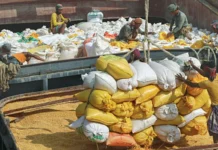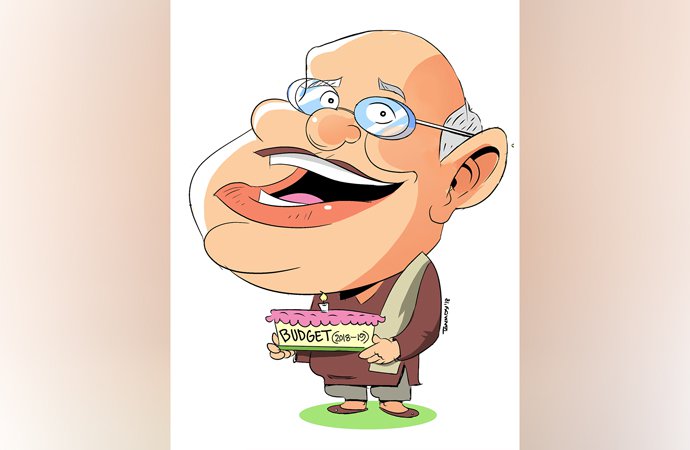Rezaul Karim
A total of 940 borrowers – the top 20 defaulters drawn from each of the 47 scheduled commercial and specialised banks – defaulted on payments of loans and credits to the tune of over Tk 209.201 billion as of December last.
The amount was 48.97 per cent of the total amount of classified loans of those banks and about 5.0 per cent of their aggregate amount of outstanding loans, banking sources said.
The total default loans included the amounts written off on different occasions and, thus, excluded from the top defaulters’ classified loans.
The default loans increased by 54.17 per cent or more than Tk 73.51 billion a year-on-year (y-o-y) basis.
At the end of 2011, the amount was over Tk 135.69 billion, which accounted for about 60 per cent of the total classified loans then.
As of December last, the banks’ outstanding loans reached Tk 4,261.53 billion, of which Tk 427.25 billion was classified loans.
The banks filed cases against borrowers for realising Tk 126.41 billion, which was 60.42 per cent of the total amount of default loans. Many of the cases are lying pending with courts for decades.
At the end of December, 2011, the top loan defaulters owed over Tk 135.69 billion to the banks. The amount accounted for about 60 per cent of the total amount of classified loans at that time.
The four state-owned banks (SoBs) had over Tk 76.50 billion as the unrealised amount of loans in December last from their respective defaulter borrowers. The amount was 38.80 per cent of all the banks’ default loans.
Of the SoBs, Sonali Bank topped the list with Tk 34.31 billion followed by Agrani Bank, with Tk 25.92 billion and Janata Bank, with Tk 16.27 billion.
On the other hand, 30 private commercial banks (PCBs) and the specialised banks had Tk 105.108 billion and Tk 18.368 billion as the unrealised amount of loans and credits from their respective defaulters in the top 20 category. The amounts were 50.24 per cent and 8.78 per cent of the aggregate default loans of the banks on account of their borrowers in the top 20 category.
Nine foreign commercial banks (FCBs) had Tk 4.56 billion as the unrealised amount of default loans on the part of their big loanees. The amount was 2.18 per cent of the default loans in the banking sector.
The overall position about recovery of loans from the top loan defaulters presented a disconcerting picture. Although the central bank has been putting pressure on the banks to recover fast their bad loans, there has so far been no significant improvement, a central official said.
The recovery of classified loans from the top defaulters, especially those of the private commercial banks, witnessed, however, a declining trend mainly due to large write-offs of their classified loans and loan rescheduling in the last quarter of 2012.
Most of the top defaulters were very powerful and well-connected people, according to insiders in the banking sector. The banks are in a difficult position to realise the money, they added.
Besides, the top defaulters resorted to legal battles to bar the banks, particularly SOBs, from taking appropriate actions.
On their part, banks filed cases against ‘big shots’ in a bid to recover the bad loans. Such initiatives from both sides led to a large backlog of cases involving classified loans over time, sources said.
“The financial situation within and outside the country was not favourable last year, alongside the persistence of power supply problem. As a result, the amount of classified loans, especially on account of the top defaulters, increased in the banking sector”, said Nazrul Huda, a former Deputy Governor of the Bangladesh Bank, while talking to the FE Saturday.
The new guidelines of the central bank about provisioning for classified loans have also led to the accumulation of default loans of top defaulters, he added.
The BB repeatedly cautioned the banks against the rise in the aggregate amount of bad loans. It also asked them to be more active about recovering the classified loans, the sources said.
In a meeting earlier held with the SoBs on signing memoranda of understanding (MoUs) by the central bank, the BB issued special directives to them to address the problem on an urgent basis.
Source: Financial Express









